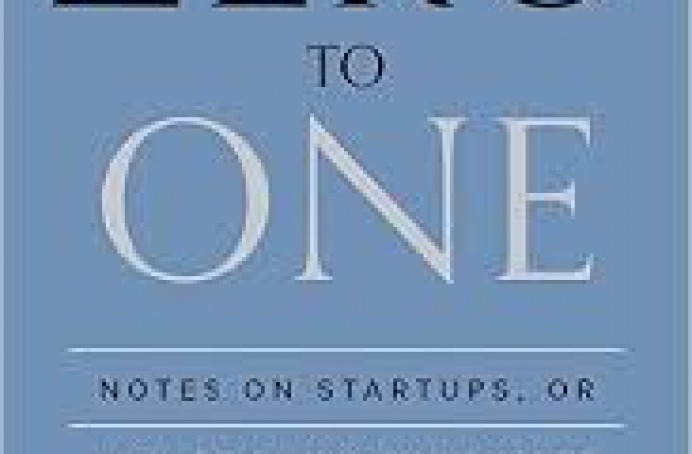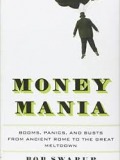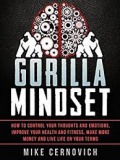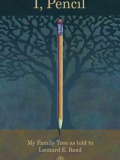Book

Zero to One: Notes on Startups, or How to Build the Future
#1 NEW YORK TIMES BESTSELLER
If you want to build a better future, you must believe in secrets.
The great secret of our time is that there are still uncharted frontiers to explore and new inventions to create. In Zero to One, legendary entrepreneur and investor Peter Thiel shows how we can find singular ways to create those new things.
If you want to build a better future, you must believe in secrets.
The great secret of our time is that there are still uncharted frontiers to explore and new inventions to create. In Zero to One, legendary entrepreneur and investor Peter Thiel shows how we can find singular ways to create those new things.
aboutLiberty Portal
Liberty Portal is a gateway for free markets and free thinking. We aggregate open-sourced content to promote and popularize important people and lessons within the liberty movement.
suggested
Bob Swarup
Money Mania

Money Mania is a sweeping account of financial speculation and its consequences, from ancient Rome to the Meltdown of 2008. Acclaimed journalist and investor Bob Swarup tracks the history of speculative fevers caused by the appearance of new profitable investment opportunities; the new assets created and the increasing self-congratulatory euphoria that drives them to unsustainable highs, all fed by an illusion of insight and newly minted experts; the unexpected catalysts that eventually lead to panic; the inevitable crash as investors scramble to withdraw their funds from the original market and any other that might resemble it; and finally, the brevity of financial memory that allows us to repeat the cycle without ever critically evaluating the drivers of this endless cycle.
In short, it is the story of what makes us human.
Read moreIn short, it is the story of what makes us human.
Mike Cernovich
Gorilla Minset

Gorilla Mindset was the most successful non-fiction book launch of 2015, immediately hitting best-seller lists. Rather than feed you lies and feel-good nonsense, Gorilla Mindset teaches you how to take control of your thoughts and emotions and live life on your terms. Mike Cernovich, author of Gorilla Mindset, has been read by millions of people. Although he wrote Gorilla Mindset with men in mind, many women are catching on, as they also want to live a more powerful life. In Gorilla Mindset you'll learn how to control your thoughts and emotions and will begin to live life on your terms.
Read more
Leonard E. Read
I, Pencil

The classic, short essay by Leonard E. Read remains one of the best introductions to the unseen complexity of the free market system. Read it for FREE at econlib.org
Read more
support
If you like what we do and want to support us, then you are a fine humanitarian. Click the link below to find out more.
Support the liberty movement
Become a contributor
Want to join the fight and publish your content here? Email us at team at libertyportal dot com!
Collaborate with Liberty Portal
